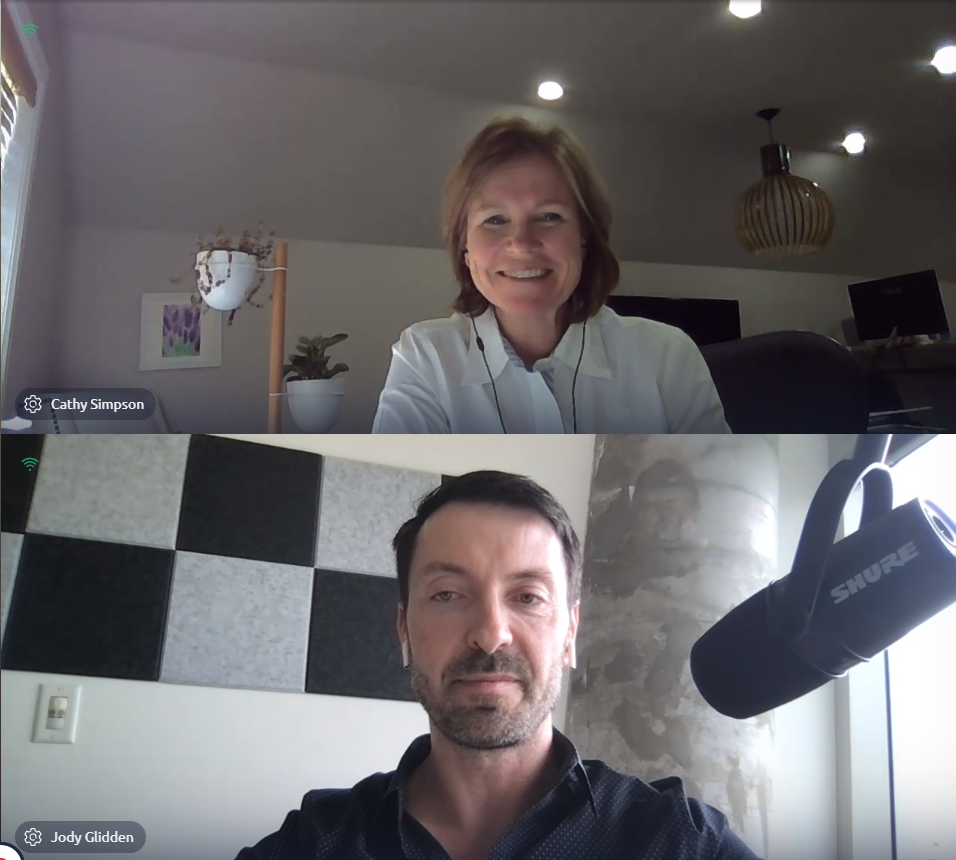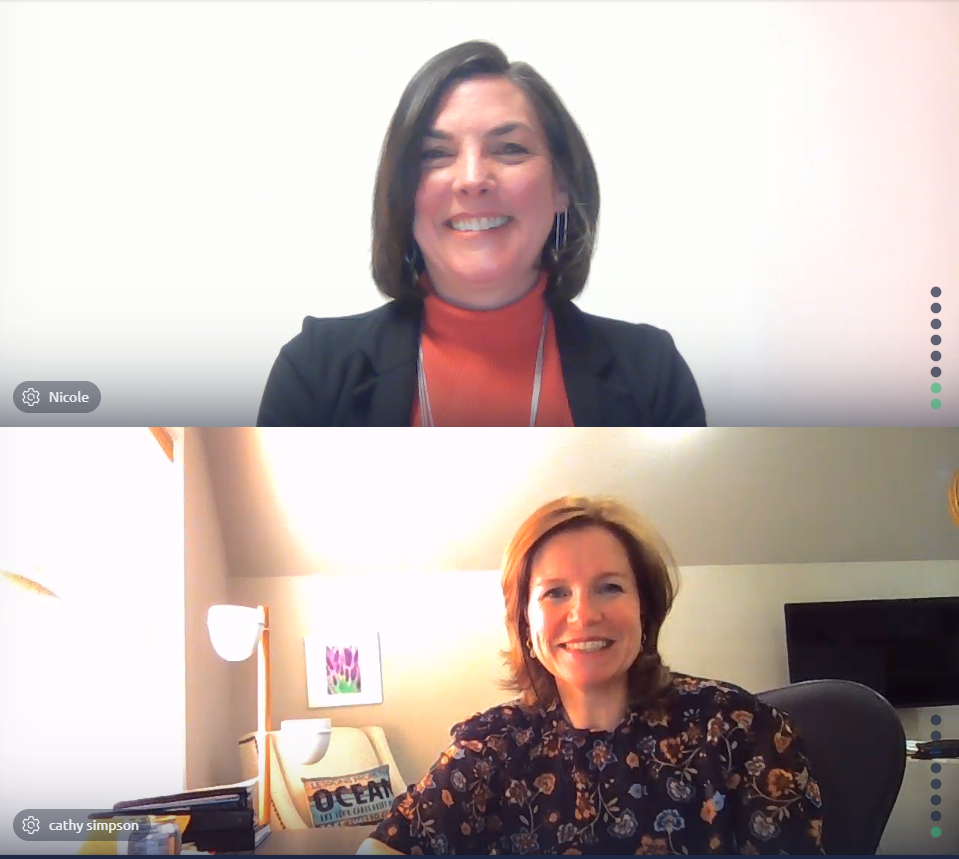To restart the TechTalks Podcast, we’re diving in with a series on diversity. It’s such an important topic. In STEM, the lack of diversity is increasingly talked about, which is good. But is it resulting in enough action to make a significant impact? That’s the real question.
The under-representation of women, Aboriginal people, immigrants, and other minorities has gained the attention of employers, educators, and government officials. Despite this, progress has been slow. Too slow. Why is it taking so long? One obvious answer: change is hard. There are lots of opinions, but change takes a plan and intense effort.
Awareness and education lead to inspiration and action, but that can take time. You know that feeling when you’re so convinced of something, but then when you present it to someone else, they’re hesitant? And you think, how can this be? How do they not see it?
I think this is one of our biggest challenges with diversity. People don’t know what they don’t know. They don’t understand how big the gaps are. But the numbers are startling. Digital Technology Firms: Their Importance and Role in Atlantic Canada’s Economy, a report TechImpact produced in 2019 with APEC, found:
· Only 23% of the digital industry labour force is female.
· Just 14% of the Atlantic tech firms reported that women make up 50% or more of their employees.
· Females are the primary decision-makers for only 9% of the firms surveyed.
· And Indigenous workers account for 1.5% of employees in Atlantic digital technology firms.
And Entrevestor’s 2020 Startup Data Report, released last month, shows that just 14% of Atlantic Canadian startups are female-led, raising just 3% of equity funding. These gaps are holding back innovation and growth in our region.
I’ve worked in the technology sector for 31 years, first at NBTel, then Bell Aliant, T4G Limited, and now TechImpact. I have enjoyed every minute of my career and wouldn’t change a thing; however, I can think back to numerous times where it felt lonely because I was the only woman or one of just a few women in the room or on a leadership team. I’m sure it has made me work harder throughout my career as I doubted myself or didn’t feel like I always belonged. It certainly sparked a passion to mentor young women considering the sector or working in tech.
I have some vivid memories, too, of times that made me dive deeper into diversity and inclusion. Back in 2017, some courageous women, including Ali Close and Melanie Ewan, from Women in Tech World, a national non-profit, drove across the country in an RV, visiting every province to learn about gender equity in tech.
I was fortunate to help host community sessions in Fredericton and Saint John along their journey. Women–and men–shared their stories through panel discussions. Then Ali and Melanie led our group through a series of exercises and questions. It was a powerful session. Many attendees shared similar experiences of being a woman or a minority in the field, including a lack of role models, of confidence and of feeling like they belonged. I remember the positive energy in the room as these women talked about the challenges and also about wanting to be part of the solution because they could see many phenomenal opportunities for women in tech.
After many days in their RV and many months of analysis, Ali and Melanie produced a national report, Canada’s Gender Equity Roadmap: A Study of Women in Tech, as well as New Brunswick’s Gender Equity Playbook reflecting what they learned here. This important piece of research narrowed in on remarkable findings and solutions. In our sessions, the attendees talked about the need for mentorship programs, leadership programs for women in the tech workforce, and hosting more conversations in high schools to increase the enrollment of women and minorities in tech programs. We haven’t actioned the findings from our playbook in a deliberate and scalable way yet. We haven’t done enough yet (one of my favourite words), but we still can. In fact, we must if we’re going to build the diverse talent that we need.
Another time, at a national conference on women in STEM in Halifax, researchers from Carnegie Mellon shared their experiences of working on gender equity from their book Kicking Butt in Computer Science: Women in Computing at Carnegie Mellon University. The conference room was filled with women, mostly university and college students from across Canada. It was a sight to behold.
During their presentation, I kept waiting for the researchers to share their magic formula to get more women into computer science. Surely, they had a Top 5 list we could just replicate? Not so fast.
They shared over 20 years of action, and it was inspiring. What struck me was that it took many, many things over many, many years. Some were easy and small changes; others were big, tough ones. Some ideas worked; some didn’t. But their results were phenomenal. The number of women in computer science at Carnegie Mellon has exceeded the national U.S. average for many years. They built a plan and just kept working it. That was inspiring–and instructive.
The TechTalks Podcast Diversity Series invites champions, leaders, and innovators to share their stories. I hope they inspire you to take action, to get engaged in this conversation. I hope the series creates more onramps for meaningful ideas to build our collective action plan for diversity in Atlantic Canada’s tech sector.
There is some good work happening in different pockets of the region. How can we scale it? The talent gap is real–we need more, and more diverse people entering these fields and contributing to our innovation economy. Our culture and environment need to evolve. The more minds on this, the better our solutions will be. In tech, if anywhere, we understand this.
You can check out the first three podcasts in our diversity series here and look out for more to come:
Designing Diverse & Inclusive Workplaces with Dr. Leeno Karumanchery and Michael Wright














